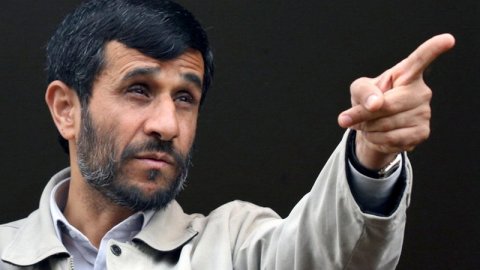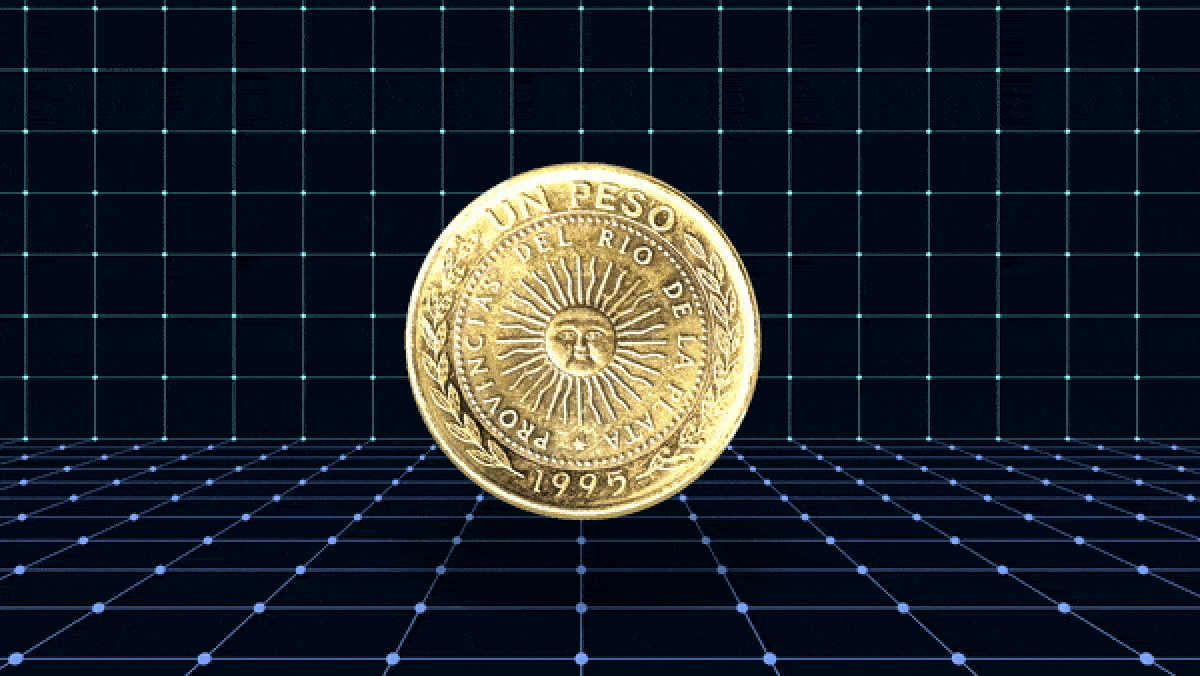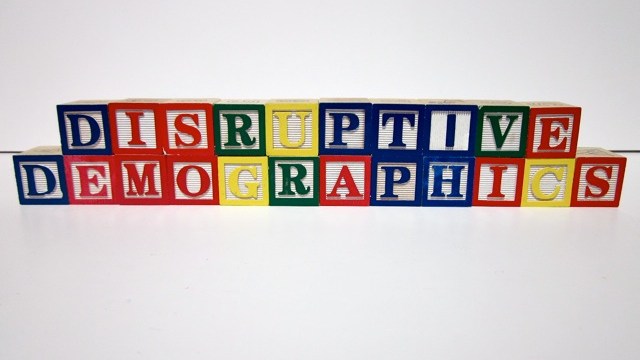Black Market Ethics

In a previous post, Big Think invited you to pose your ethical questions to Randy Cohen, the former New York Times writer who answered reader’s questions in his column “The Ethicist” for over a decade. The dilemmas he tackled ranged from the ethics of moving to higher-priced unoccupied seats at a ball game to whether we’re obligated to blow the whistle on a friend’s cheating spouse. Here Cohen answers the third of five thought-provoking submissions. Check back next Sunday to see his response to the next question. (Responses will be released on Sundays over a period of five weeks.)
We are going to visit our daughter who is doing voluntary charitable work in a developing country. This is a very poor country with a repressive regime. There is a flourishing currency black market. By exchanging our dollars ‘informally’ we can receive 30%-40% more than from the bank at the official rate. Exchanging at the bank provides more hard currency to prop up a cruel leader; the black market recipient of these dollars may well make better use of them. We are normally law-abiding and would normally not visit this country were our daughter not working there. Do you think it would be wrong for us to take advantage of the blackmarket?
–Mavis Jarvis, upstate NY
Here is Cohen’s response:





